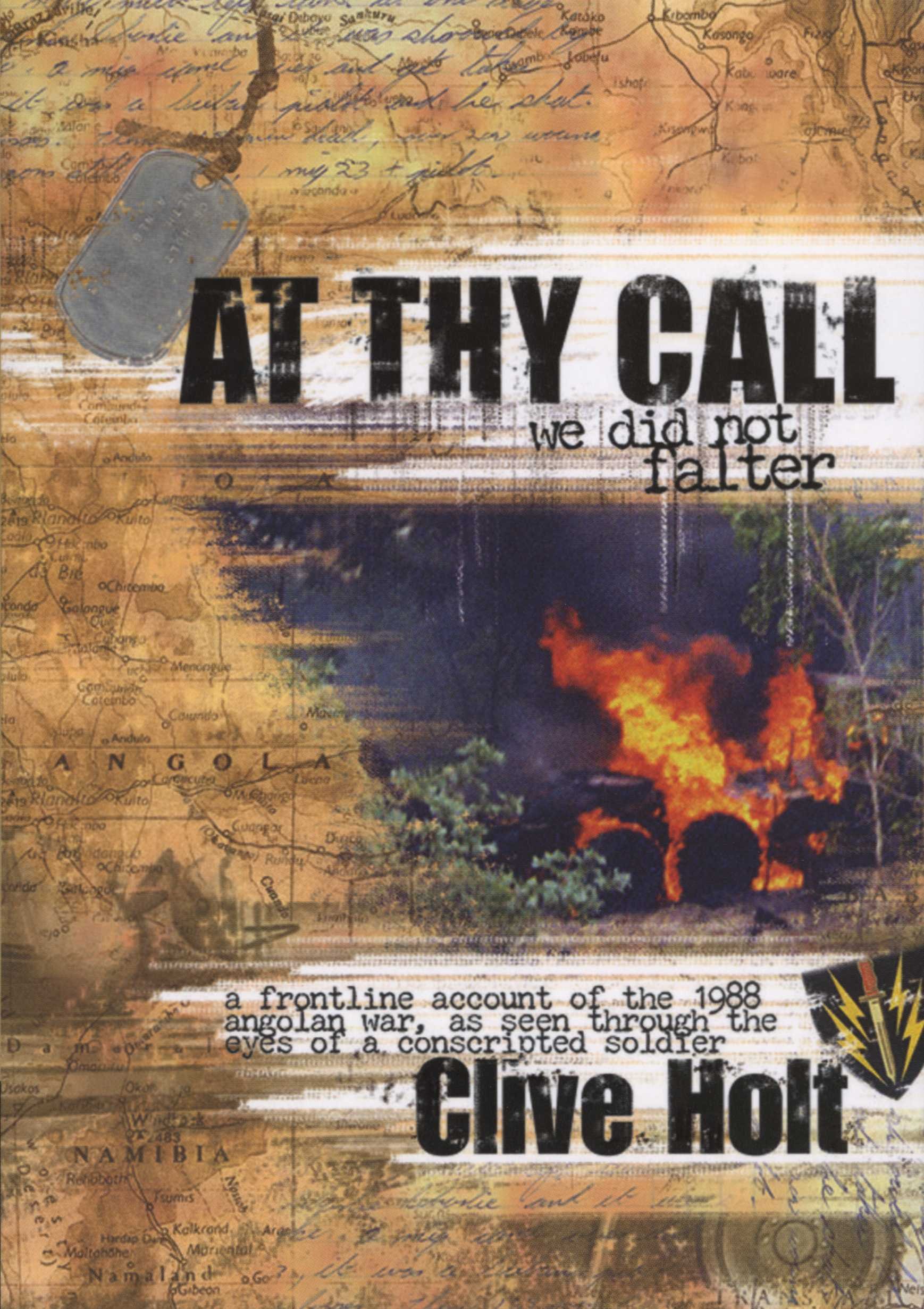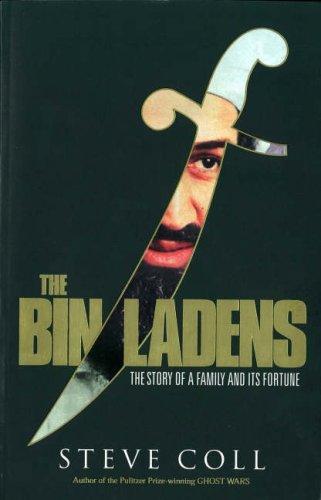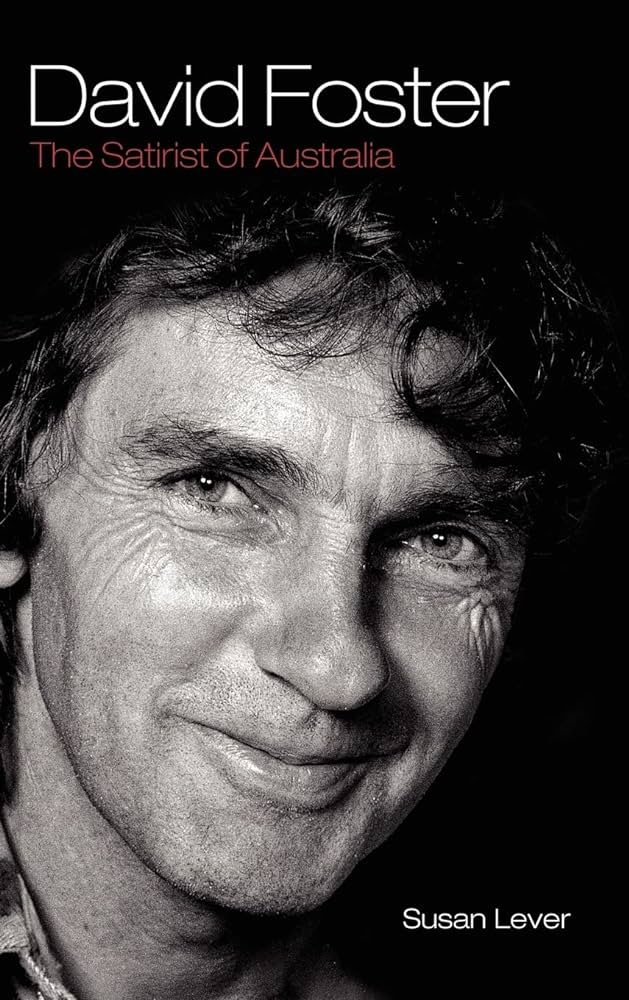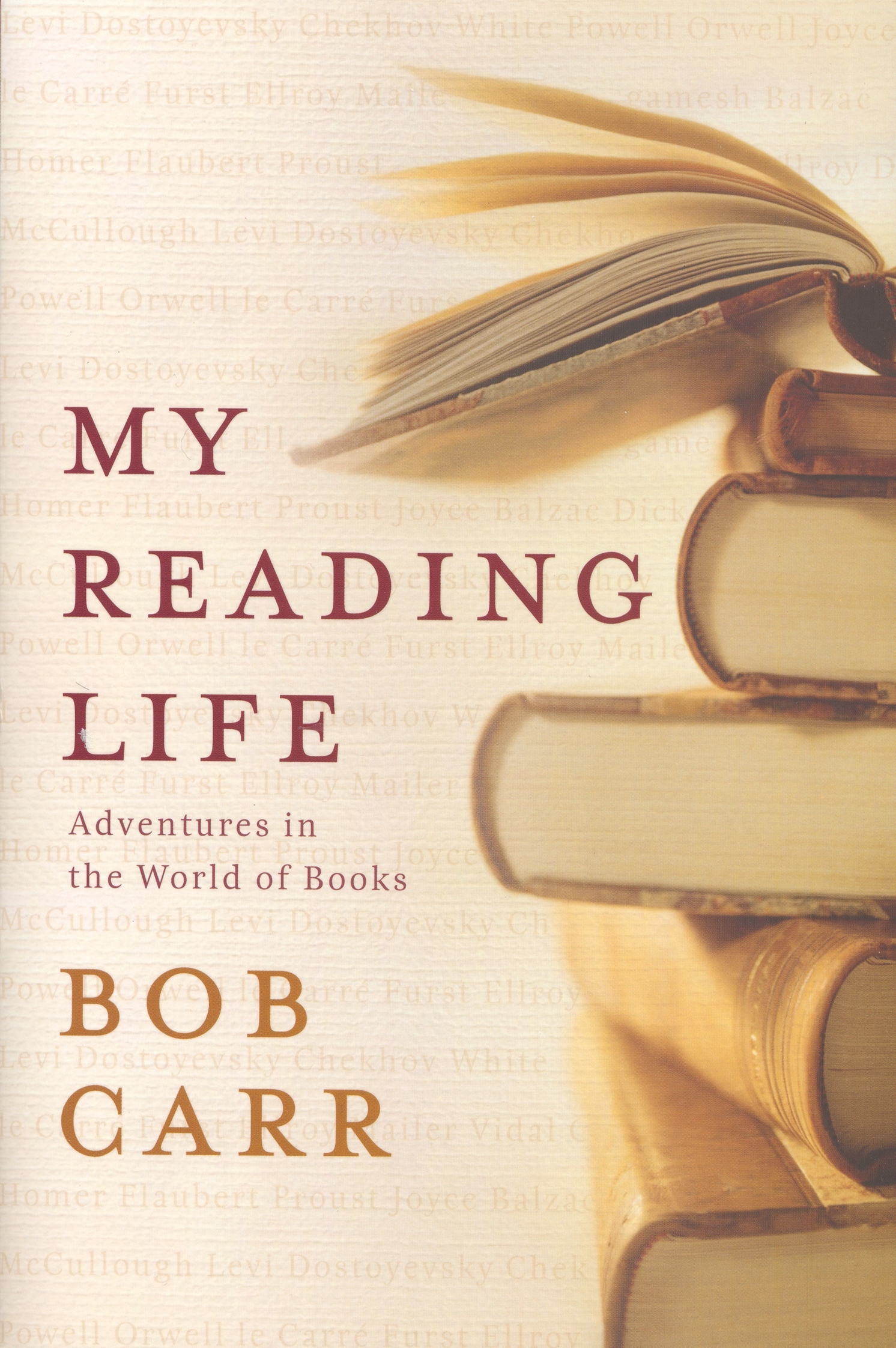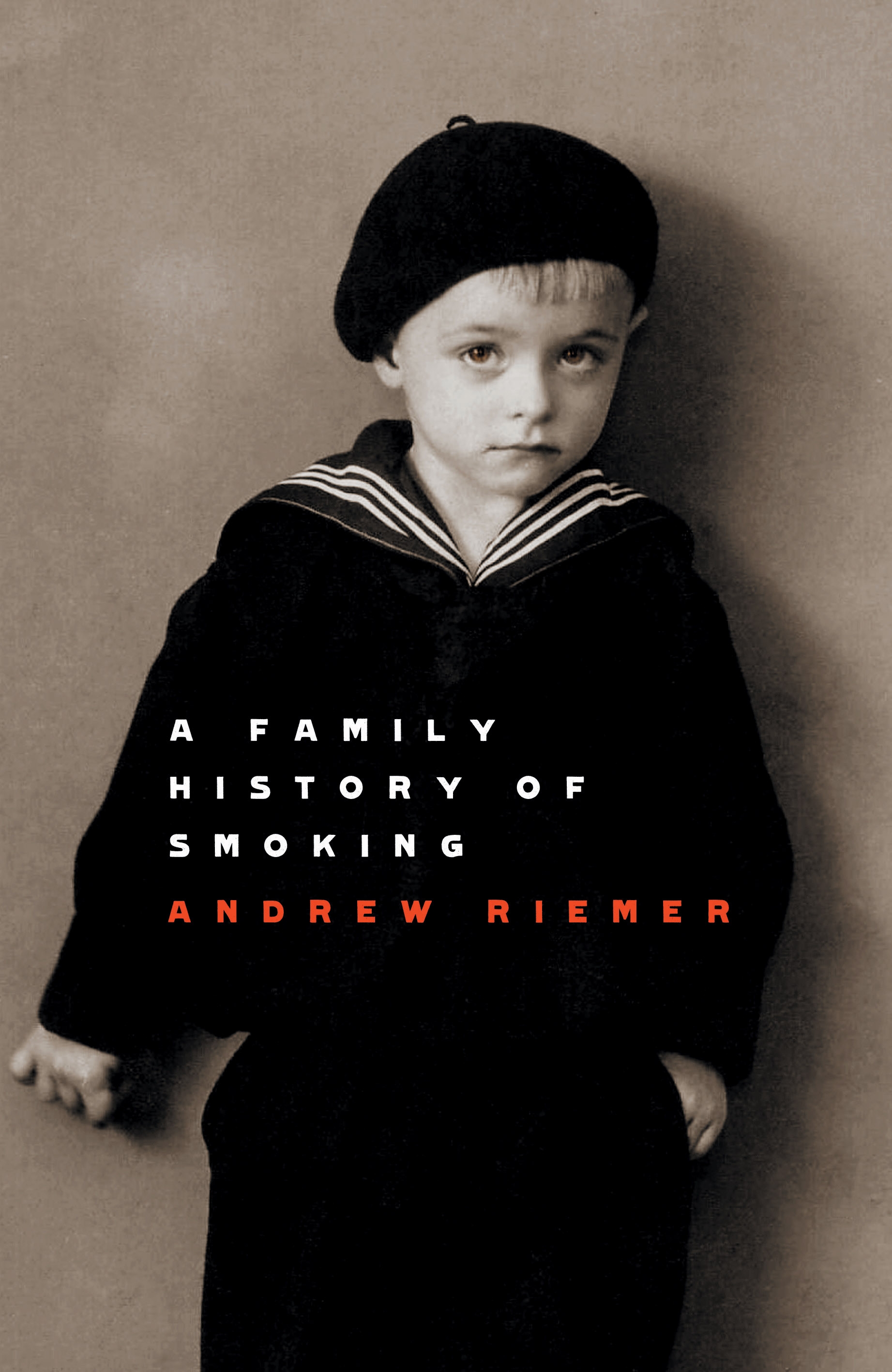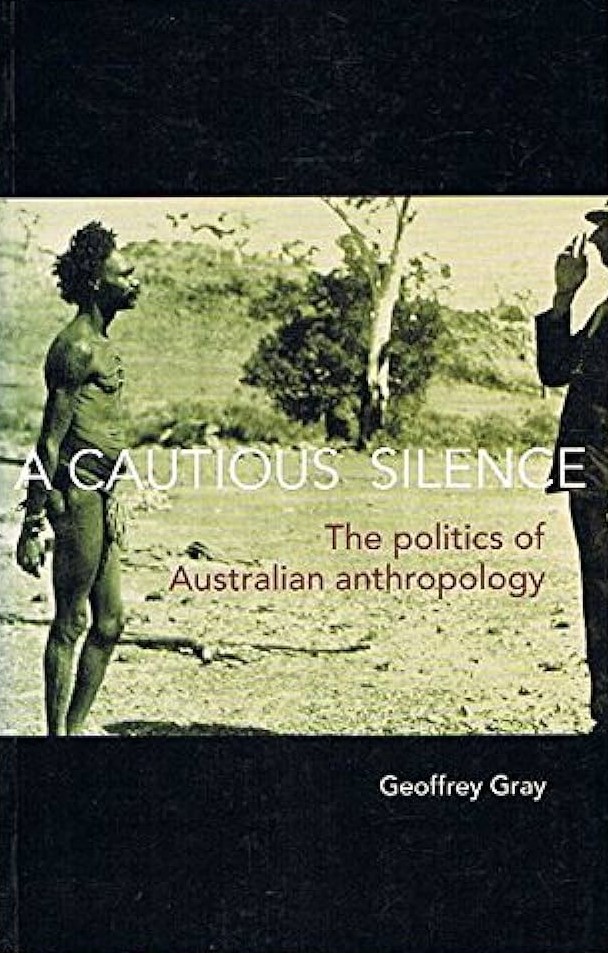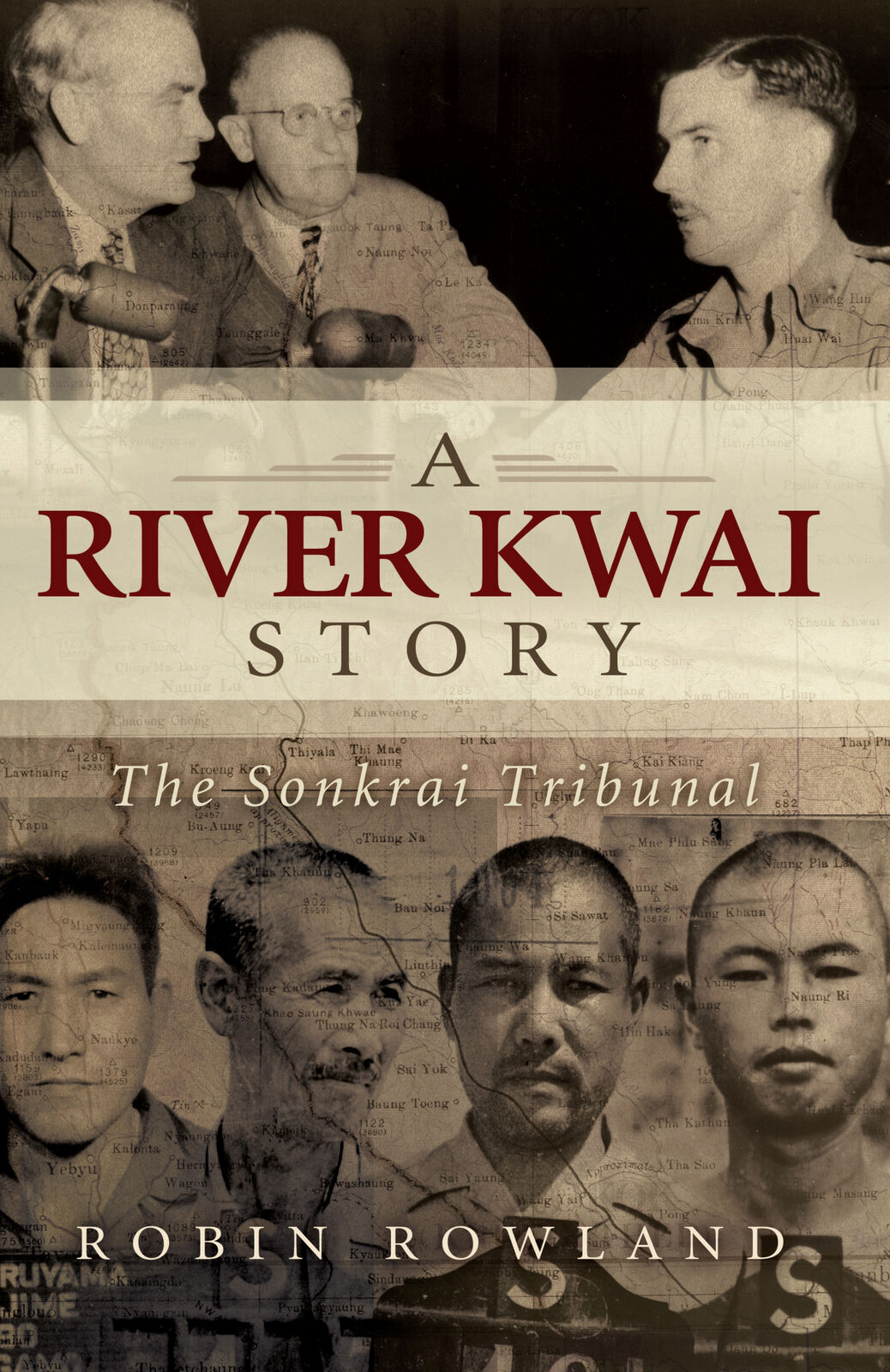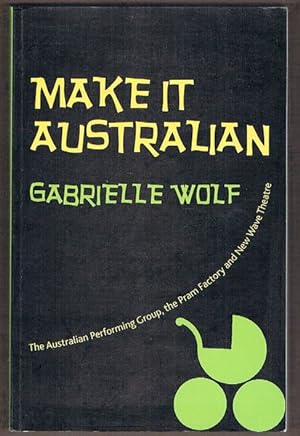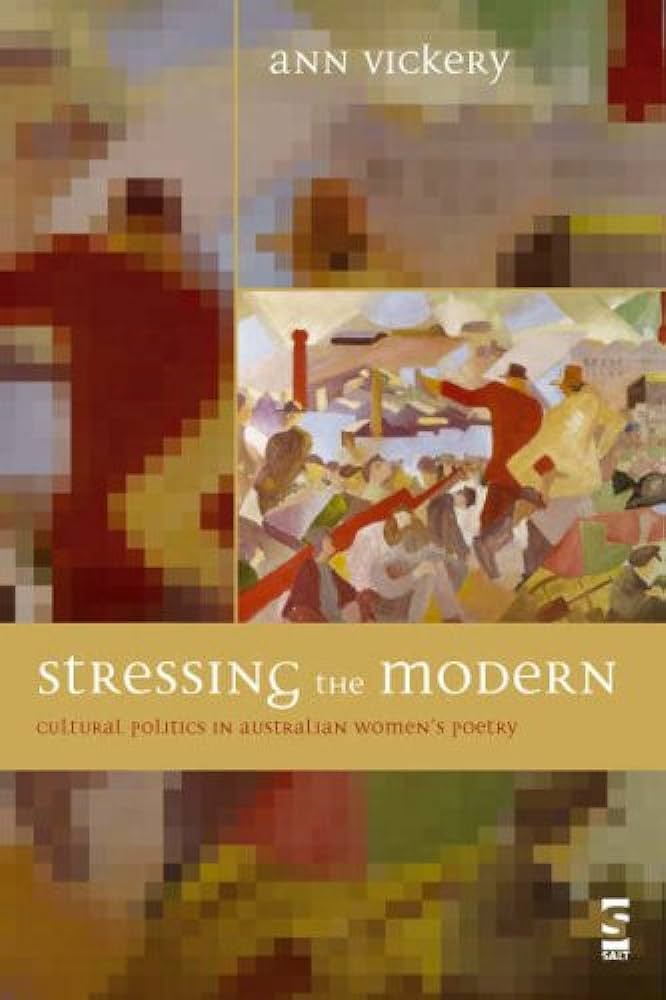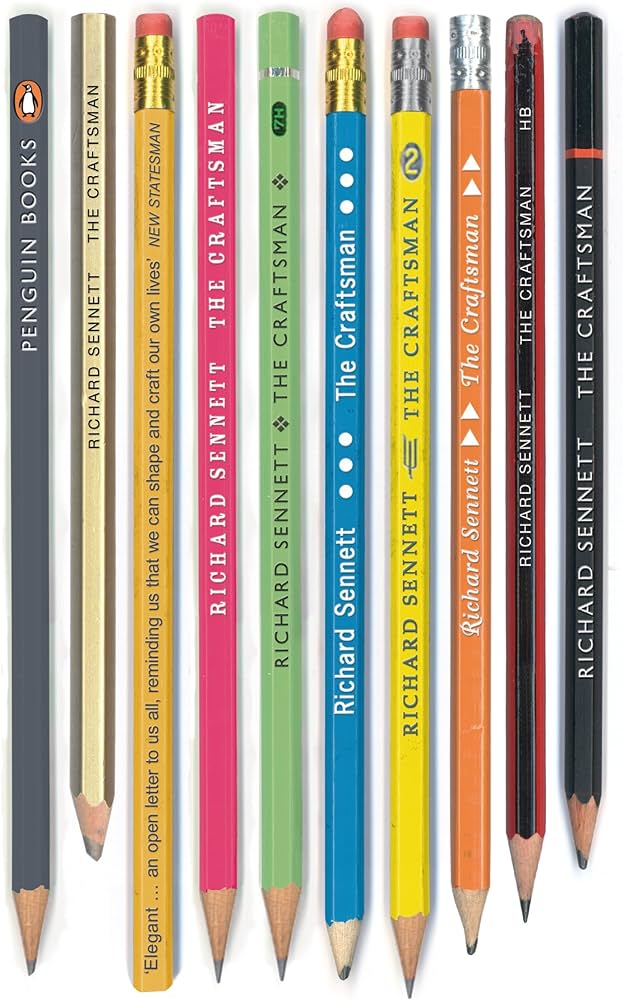Non Fiction
At Thy Call is Clive Holt’s account of his experience as a soldier in the Angolan War. The author aims to convey the enormity of this event and the impact it has had upon the servicemen involved. In doing this, he provides an alternative to those writings that have addressed only ‘the tactical components of the war’.
The book opens in the late 1980s, when the teenage Holt entered the conflict in Angola as part of South Africa’s compulsory two-year military conscription for white males. Holt describes the carnage and fear that he and his fellow servicemen frequently experienced. The author also discusses his struggle with Post Traumatic Stress Disorder (PTSD) in the war’s aftermath.
... (read more)The Bin Ladens: The story of a family and its fortune by Steve Coll
Between the mid-1940s and the late 1960s, Mohammed bin Laden fathered fifty-four children (twenty-five sons, twenty-nine daughters) from an assortment of wives (he married twenty-two times). It should hardly surprise that such a large group included several extreme personalities. The eldest son, Salem, channelled his manic energy into aeroplanes, cars, girls and the good life. The eighteenth son, Osama, born in 1957, chose a very different path. This would eventually leave New York’s skyline smouldering, Osama repudiated by his family and disowned by his country: a ‘black sheep’ in a league of his own.
... (read more)When applied to art and literature, the word ‘serious’ can be used to suggest a work is substantial and important, not necessarily that it is the opposite of humorous. There is a sense in which Rabelais and Cervantes are serious writers. But the slippage between these two meanings – the fact that our language permits a casual conflation of worthiness and sincerity – reflects a long-standing cultural prejudice which relegates comedy to a second tier, as if a talent for provoking laughter were somehow less praiseworthy than a talent for inspiring pity and terror. Tragedy is often assumed to be profound and ennobling, but comedy’s levelling tendencies, the anarchic implications of mockery and unbridled laughter, are apt to be viewed with suspicion.
... (read more)Books may furnish a room but they also furnish the mind. As somebody once said, ‘A man is known by the company his mind keeps’. One of my first moves on visiting a home is to check out the bookshelves, to discover something about the owner’s mind. Bob Carr, New South Wales’s longest-serving premier, has conveniently outlined his reading life in this opinionated, sometimes infuriating but always compelling account, which allows us to read his mind without physically visiting his library.
... (read more)A Family History of Smoking, the most recent of Andrew Riemer’s memoirs, focuses on the world of his great-grandparents, his grandparents, and his parents. In so doing, it traces Hungary from the days of the Austro-Hungarian empire and its collapse at the end of the Great War, on through the brief springtime of the 1930s and the chaos of displacement and destruction of World War II. It is a rich and rewarding memoir.
... (read more)A Cautious Silence: The politics of Australian anthropology by Geoffrey Gray
A Cautious Silence is about the establishment of anthropology as an academic and applied discipline in Australia from about 1920 until after World War II. During this period, anthropological research in Australia largely focused on indigenous Australia, New Guinea, Papua and some Pacific islands. A signal event marking the beginning of the period covered in the book was the foundation in 1921 of the Australian (rather than British) National Research Council (ANRC). Marking the end were the debates over the establishment of the Woomera Rocket Range and the consequences for Aborigines in the region. Geoffrey Gray’s afterword deals briefly with university and research politics in the 1950s and 1960s.
... (read more)A River Kwai Story by Robin Rowland & The Men of the Line by Pattie Wright
These two books on the building of the Thai–Burma railway in World War II are very different in format and tone. Australian film-maker Patti Wright’s Men of the Line is an exquisitely designed collection of stories and images by Australian prisoners of war who were forced to build the railway for their Japanese captors. Wright describes her book as ‘a tribute to the ex-POWs who experienced the best and worst that human nature can offer and returned to tell the tale’. Canadian journalist Robin Rowland’s A River Kwai Story: The Sonkrai Tribunal is a solidly researched investigation that concentrates on F Force, the group of Australian and British prisoners that suffered the worst death rate on the railway, and the postwar war crimes trial that found seven Japanese soldiers guilty of the ‘inhumane treatment’ of these men. Rowland concludes that the Japanese did commit war crimes; she also exposes failures by Australian and British officers that increased the POWs’ suffering.
... (read more)Make it Australian: The Australian Performing Group, the Pram Factory and New Wave theatre by Gabrielle Wolf
The Australian Performing Group (APG) and its associated theatre space, the Pram Factory, form one of the legends of Australian theatre. And like all legends, the stories that people tell of it inevitably conflate the truth of what it actually was – or wasn’t, as the case may be. Somewhere back in 1969 – or was it 1970? – a group of enthusiastic thespians decided to take on the world (or at least their own preconceptions of it), and shake up the theatrical Establishment. Legend has it that Australian theatre has never been the same since.
... (read more)Stressing the Modern: Cultural politics in Australian women's poetry by Ann Vickery
I have commented before in ABR that literary criticism is a rara avis in Australia’s publishing world, so perhaps it is not surprising that Ann Vickery has had to find an overseas publisher for this important contribution to Australia’s literary and cultural history. Whatever its provenance, I have a particular reason for welcoming this contextualising study of the work and times of six women poets of the early twentieth century: Mary Gilmore, Marie Pitt, Mary Fullerton, Anna Wickham, Zora Cross, Lesbia Harford and Nettie Palmer.
... (read more)We begin by peering through a window, watching a carpenter hard at work, engaged, precise, among tools and apprentices. Suddenly, we are glimpsing a lab technician working on rabbit cadavers; next, we are in a concert hall, our eyes keenly directed toward the conductor. We encounter these three craftsmen many times throughout Richard Sennett’s enthralling inquiry into the nature of craftsmanship. Their ranks are joined by ancient weavers, medieval goldsmiths, Linux programmers, brick-builders, luthiers, architects, glassblowers and those who constructed the first atomic bomb.
... (read more)

